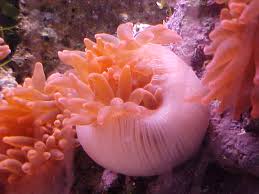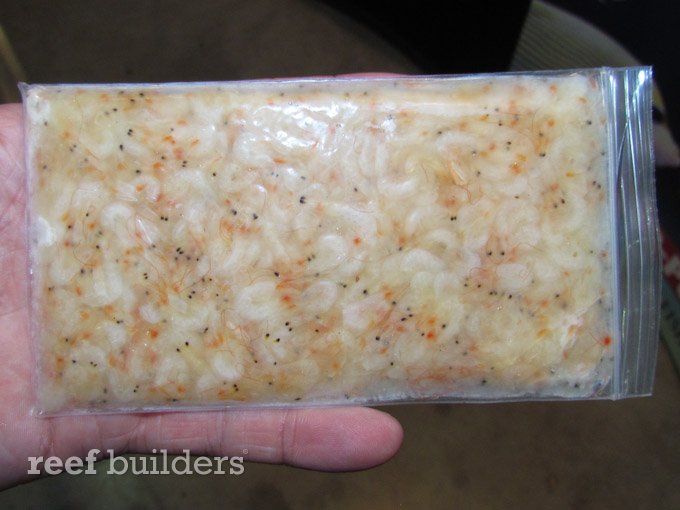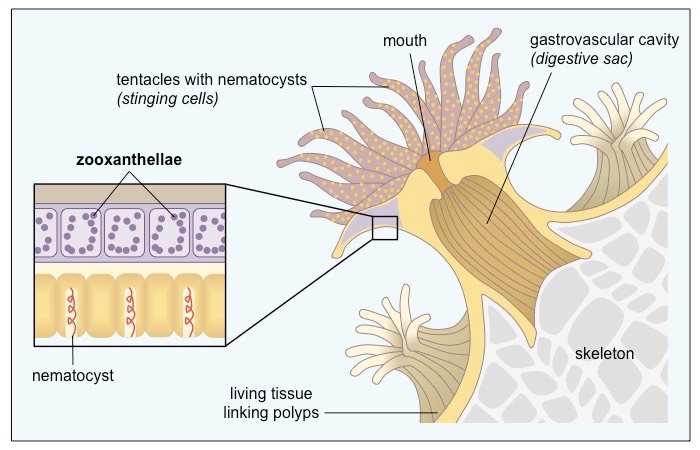- Joined
- Feb 16, 2016
- Messages
- 617
- Reaction score
- 218
Is Karens Rose, the famous karensroseanemones in Reef2Reef ? I want to ask her question if I may.
I've read her articles one by one on her site and she strongly emphasize that Anemones must eat ... it's almost she is considering Anemones are some sort of NPS and that the photosynthesis process is not enough.

And then from my research on the net, some folks (quite a lot of them) don't actually feed them directly .. they eat whatever they can get from water column, just when the fishes are being fed.

So what is the correct way of treating these anemones ... should we directly feed or broadcast is enough? I'm actually quite intrigued in knowing the answer if a tank only hosting Anemones and no fishes at all, will it survive without being fed at all? I mean Anemones have zooxanthella and should get the energy from its photo process.

I've read her articles one by one on her site and she strongly emphasize that Anemones must eat ... it's almost she is considering Anemones are some sort of NPS and that the photosynthesis process is not enough.
And then from my research on the net, some folks (quite a lot of them) don't actually feed them directly .. they eat whatever they can get from water column, just when the fishes are being fed.

So what is the correct way of treating these anemones ... should we directly feed or broadcast is enough? I'm actually quite intrigued in knowing the answer if a tank only hosting Anemones and no fishes at all, will it survive without being fed at all? I mean Anemones have zooxanthella and should get the energy from its photo process.

















